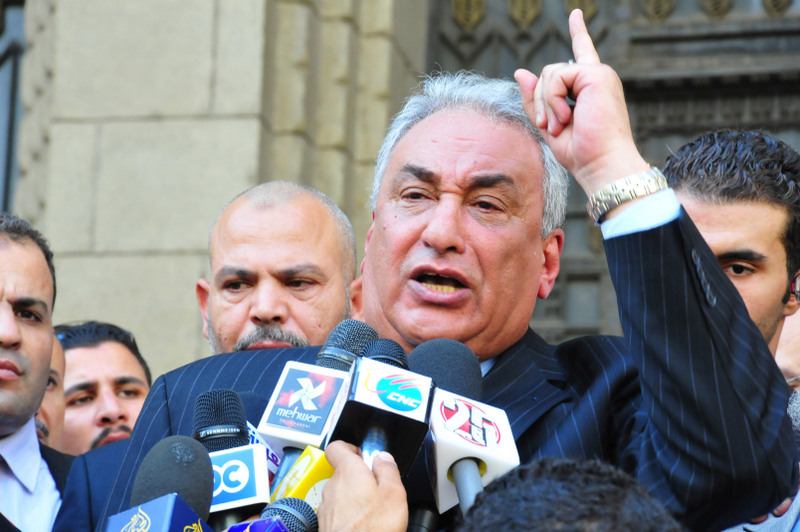The Syrian regime accepted Tuesday the ceasefire agreement proposed by the US and Russia, one day after its announcement.
The US and Russia announced Monday plans for a ceasefire between the regime and the opposition in Syria starting Saturday 29 February, with the exception of “Islamic State” (IS) and Al-Nusra front, both of which are considered terrorist organisations by the UN.
In a joint statement, the US department of state said all sides will announce whether or not they will commit to the ceasefire before 1200 GMT+2 (local Syrian time) Friday.
According to the agreement, the regime troops and its allies will halt any military action against the moderate opposition and vice versa.
The plan allows Syrian and Russian jets to continue striking locations affiliated with IS.
“Military actions, including airstrikes, of the Armed Forces of the Syrian Arab Republic, the Russian Armed Forces, and the US-led Counter ISIL Coalition will continue against ISIL, “Jabhat Al-Nusra,” and other terrorist organisations designated by the UN Security Council,” the US department of state’s statement read.
The statement added that the US and Russia will work together to delineate the territory held by IS and Al-Nusra Front and other terrorist organisations designated by the UN Security Council, which are excluded from the cessation of hostilities.
Russian president Vladimir Putin said this ceasefire is an opportunity to end bloodshed in Syria. Regarding his phone call with his US counterpart Barack Obama, Putin said Russia “initiated the talk but the interest was mutual without doubt”.
Putin added that both sides reached “a significant concrete result”, after rounds of talks.
The agreement obliges accepting parties to fully implement UN Security Council Resolution 2254, adopted unanimously on 18 December 2015. This includes being prepared to participate in the UN-facilitated political negotiation process, and cease armed attacks, including using rockets, mortar, and anti-tank guided missiles, against the Armed Forces of the Syrian Arab Republic, and any associated forces.
It also stipulates that parties must refrain from “acquiring or seeking to acquire territory from other parties to the ceasefire”, and humanitarian agencies must be provided with “rapid, safe, unhindered and sustained access throughout areas under their operational control and allow immediate humanitarian assistance to reach all people in need”.
Mohammad Bassam Al-Malek member of the National Coalition for Syrian Revolutionary and Opposition Forces told Daily News Egypt that the opposition welcomed the move.
“We received guarantees from some Gulf countries, and we would like to avoid more killing and destruction in Syria,” he said.
According to Al-Malek, the opposition still requests that Russia cease all strikes on Syrian cities and lift the siege, which resulted in the deterioration of the humanitarian conditions.
Moreover, he considers the deal to be “fragile” due to the complex situation on the ground.
While identification of IS-controlled locations is not very difficult, Al-Nusra Front territories overlap with other locations controlled by the moderate opposition.
“How can the Russian air jets differentiate between our locations and those of Al-Nusra?” Al-Malek asked, stressing that the opposition would respond if struck.
Al-Malek believes that Russia wishes to solve the crisis as soon as possible and is pressuring the regime to accept the political solution.
“Russia wants to safeguard its interests in Syria, but it does not want to fall into the quagmire of war,” he said.
The opposition will test the ceasefire, to determine whether it is sufficient to return to the UN peace talks.
The war in Syria is reaching a point where world powers are uniting to try to find an acceptable political and military solution.
Each side has its own perspective on this and how it should be, but there has been no dispute regarding the necessity to continue battling IS and Al-Nusra Front.
Former Syrian brigadier Ali Maqsoud said the agreement is an opportunity for the opposition to prove that they can function as a legitimate political body.
“The ceasefire period will be a probe for the intention of the opposition. Following this, a larger political process will take place,” Maqsoud told Daily News Egypt.
According to Maqsoud, the ceasefire is in the interest of the Syrian people and no one else.
Speaking to Daily News Egypt, Andrew Korybko, a Moscow-based political analyst and journalist for Sputnik news agency and an expert at the Institute for Strategic Studies and Predictions, said he believes Moscow’s continued targeting of terror organisations should not be overlooked.
“While Moscow may no longer be focusing on some smaller organisations, the fact that it’s still targeting the main ones shouldn’t be overlooked, as these pose the greatest threat to the international community and could conceivably carry out foreign attacks if they’re not stopped (like Daesh did in Paris, for example),” Korybko said, using a different acronym for IS.
According to Korybko, not much is expected to actually change on the Syrian battlefield. The Russian Aerospace Forces and the Syrian Arab Army will continue their advance towards liberating Raqqa, as will the US and its mass of non-state proxies.
“Whoever liberated Raqqa first will have the premier advantage in formulating the post-conflict political solution, with the Syrian authorities wanting to retain a unitary state while their “opposition” adversaries will try to push forward a more autonomous or federalised approach”, Korybko contunied.
The strategic imperative to liberate Raqqa in order to promote either of these two objectives will not change despite the implementation of the recently announced agreement, as IS is not subject to its conditions.
Russia will continue aiding its Syrian ally and fighting against the greatest international terrorist threat in the history of the world, Korybko believes.


